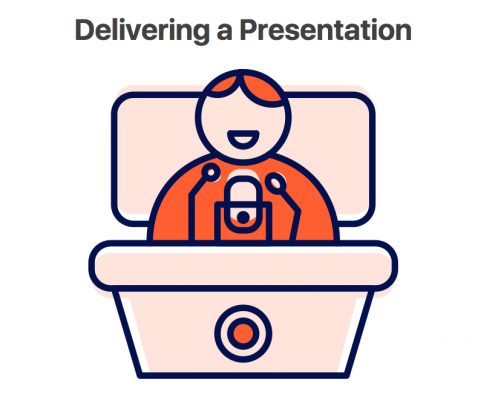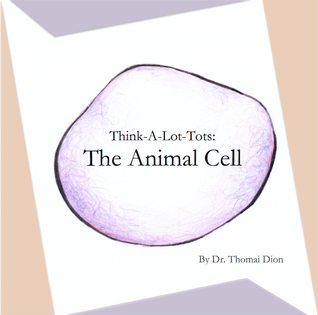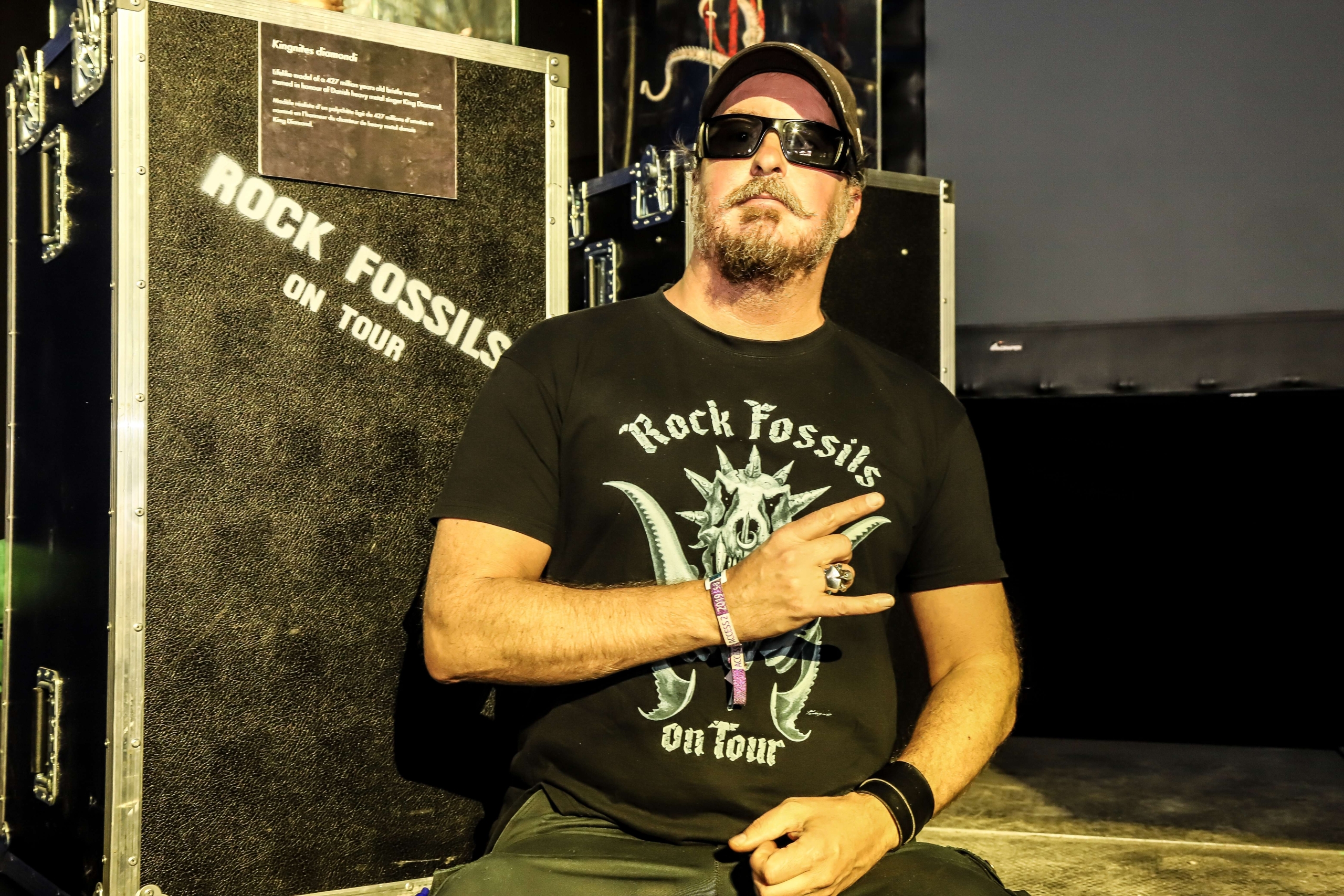Crastina is a platform for the exchange of experience, knowledge and inspiration regarding both scientific peer-to-peer communication and science dissemination
- What? An international network of (mostly young) people who love to communicate science & tech.
- Why? We think science needs to be communicated with more passion and professionalism.
- Where? On our website with interviews & resources + on social media + on Skype and IRL.
- Who? A content group (the Crew), a think tank (the Academy), + lots of friends & contacts.
- When? Right now – as a matter of fact, we’ve just geared up.

The Crastina Column, February: The shortest route to the real answer is via the Imaginary.
Scientists and poets are often described as being very far apart in their worldview. Nothing could be further from the truth. British biologist and poet Joanna Tilsley—whose nom de plume is xYz—explains why the wonder of science and the…

Lale conquered glossophobia by learning everything about public speaking
Lale Byquist refused to let her glossophobia—i.e. fear of public speaking—stand in her way. Her method? “Learning everything about the fear of public speaking and ways to conquer it”. Her structured knowledge now makes up the website…

Book review: The Animal Cell (Think-A-Lot-Tots series)
The Animal Cell is one book from the Think-A-Lot-Tots collection of educational children’s science books written by Dr. Thomai Dion. It introduces children to the basic concept of an animal cell and it’s components. It is a great resource…


















